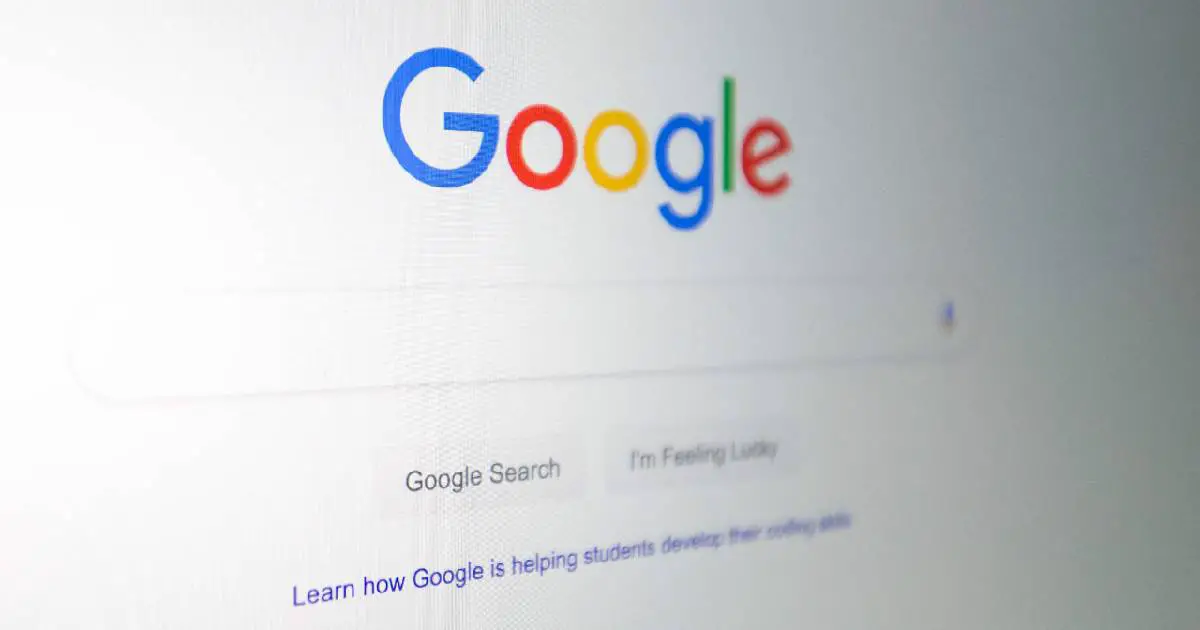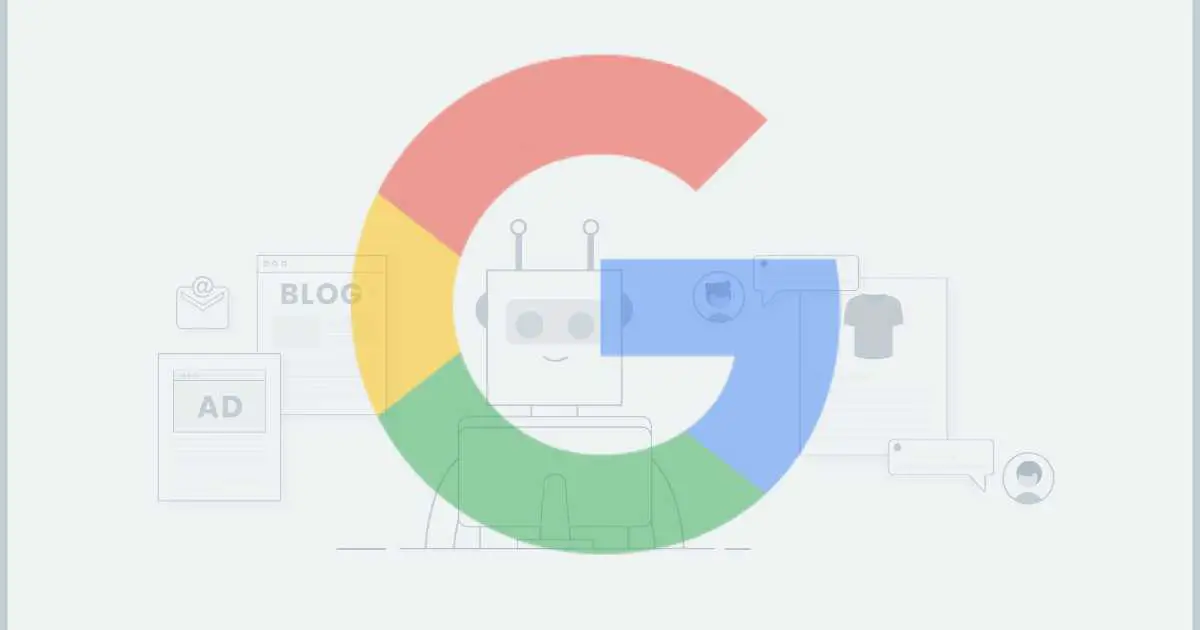Artificial Intelligence (AI) has made easier many aspects of modern life, and content creation is no exception. AI algorithms are now capable of generating written content, articles, blog posts, paragraphs, etc in a matter of seconds. And this has led to questions about the impact of AI-generated content on search engine rankings.
Does Ai Content Rank in SEO? or Can AI generated content rank in Google and other search engines?
This guide will exactly guide you what’s the outcome of search ranking with Ai generated content.
Table of Contents
What is Ai Generated content?
AI generated content refers to content created by artificial intelligence algorithms and machine learning systems without human intervention. It can be a simple text to research papers which tends to be human-generated content.
Some common examples of AI-Generated content are –
- Blog posts
- Writing post title
- Creating an outline of the content
- Social media posts
- Email newsletter
- Product Description
- Ad copies for your marketing needs
- Landing pages
Now let’s see can AI-generated content rank in Google or other search engines.
Can AI created Content Rank on Google?

The short answer is yes, AI-generated content can rank in Google and other search engines, but its ranking performance will depend on a number of factors and algorithms used by the search engines.
For example, the quality and relevance of the content, the level of uniqueness and originality, the optimization for search engines (including keyword usage, structure, and readability), and the overall quality of the content can all impact its ranking.
Also, content freshness is also important. You can’t add details of 10 years old data if it’s not relevant or the data is changed.
Google SearchLiaison said:
As said before when asked about AI, content created primarily for search engine rankings, however it is done, is against our guidance. If content is helpful & created for people first, that’s not an issue.
https://twitter.com/searchliaison/status/1613462881248448512
In general, Google’s algorithm tends to favor high-quality, original, and relevant content that provides value to the users.
AI-generated content can sometimes meet these criteria, but it may also struggle to make differentiate itself from other similar content and could be viewed as low-quality or spammy content by Google.
In reply to the frequently asked question, Is AI content against Google Search’s guidelines?, Google said:
Appropriate use of AI or automation is not against our guidelines. This means that it is not used to generate content primarily to manipulate search rankings, which is against our spam policies.
https://developers.google.com/search/blog/2023/02/google-search-and-ai-content
What Should I do?
It is important to focus on the following points:
Quality and Relevancy
Google’s algorithm is designed to rank the most relevant and high-quality content first, so it’s important to make sure that AI-generated content is modified and updated with factual data, and research to make it relevant for the target audience.
This will help to ensure that it is seen as high-quality and valuable by both users and search engines.
Content Uniqueness
Google’s algorithm is smart enough to find out unique content and content creator, so it’s important to make sure that AI-generated content is unique and not simply a copy of existing content.
This can be achieved by using AI algorithms that focus on generating original content, or by manually editing and adjusting the content generated by the AI to make it more original and unique.
Add correct Data & Experience
AI-generated content must be optimized for search engines in order to rank well. This means focusing on keyword usage, structure, readability, and other factors that can impact search engine rankings.
A well-optimized AI-generated article will be more likely to perform well in search results in Google and other search engines than one which is not optimized.
However, non-optimized content can outperform a very good piece of content if it is able to solve users’ needs.
Quality of the Content
The quality of the content also impacts its ranking performance. Quality content is the piece of content your audience needs and can’t get anywhere else. If your one sentence of an article can solve a user’s problem it’s also quality content.
For example, a website with high-quality content, minimal design, fast loading speeds, and strong authority in a niche topic is more likely to rank higher in Google SERP than low-quality content.
User Engagement
Finally, user engagement is a key factor to getting your website top in search results. If users engage with the content, such as by leaving comments, sharing it on social media, or linking to it from other websites, this will signal to search engines that the content is valuable and authoritative, which will help to boost its ranking.
Wrap Up
Ai can generate bulk content on any topic. But it can not add Emotion, Creativity, Personal Touch, Contextual Understanding, and Authenticity to the content which a human can.
So, human-generated content will remain important for delivering high-quality, engaging content that connects with the audience.
Like this article? Do share it with your friends on social media.
RELATED:
